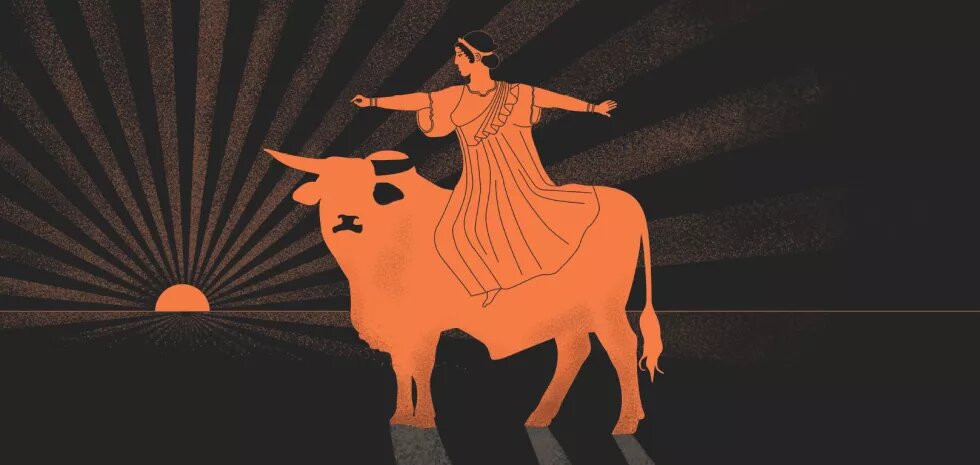The EU is a promise to its citizens of a life of democracy instead of dictatorship, with the rule of law instead of arbitrariness, with equal rights instead of discrimination, it is the promise on joint efforts to increase prosperity and social protection and it is the promise of long-term security for a life of freedom and peace.

The EU was founded 60 years ago. I am very grateful to the founding fathers for their wise decision. What has been achieved in those 60 years of European integration is an incredible success. Former enemies became friends, shaping their future together. The Community of 6 states became a Union of 28 states. Most EU citizens have lived in peace for longer than the history of Europe has known for centuries.
The EU is a promise to its citizens of a life of democracy instead of dictatorship, with the rule of law instead of arbitrariness, with equal rights instead of discrimination, it is the promise on joint efforts to increase prosperity and social protection and it is the promise of long-term security for a life of freedom and peace.
European integration did not take a straight path during its 60 year history. Sometimes integration came to a standstill and was then often accelerated by crises – economic crises, political crises. Elections at the EU level and at national levels have always been important – for the speed of integration and for political priorities. But for decades political parties that put the EU in principle in question, aiming to disintegrate, destabilize or even abandon the EU, played no significant role. In many members states they did not even have seats in parliament. This has changed in recent years.
Let me first make some personal remarks: I am enthusiastic about the EU. I lived in West Berlin when the wall was still standing. In that happy moment of history, when the wall came down, I was a member of the regional government of Berlin. I could therefore contribute through my work to the reunification of Berlin. Later, as a member of the European Commission, I had the great opportunity to contribute, through my work as Commissioner for the EU budget, to the enlargement process of 2004 – overcoming the former division of Europe. This is the political background of my pro-European spirit.
What is the state of the Union today? I want to thank the Heinrich Böll Foundation for giving me the opportunity to share with you my personal view and considerations as a political scientist on this important topic.
Severe internal challenges to the EU, which emerged over recent years, have had the potential to threaten the EU’s ability to act, while at the same time global challenges facing the EU also require urgent responses.
Let me highlight three internal challenges: Brexit, the rise of anti-European parties and the internal conflict with two Member States about the values and institutions of liberal democracy.


